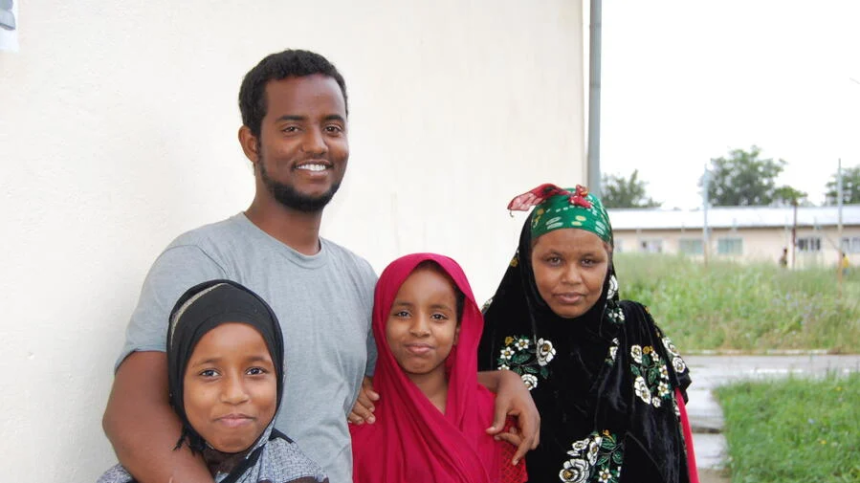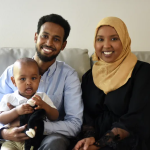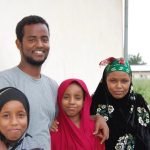1. Understanding Marriage Recognition
- In Germany, a marriage is recognized if it was valid under the law of the country where it took place (in this case, Somalia).
- Even if the marriage happened before arriving in Germany, it can still be recognized.
- You need to prove the marriage using:
- Official marriage certificate (if available)
- Religious marriage contract (Nikah)
- Witness statements or sworn declarations
- Sometimes DNA tests are used for verification
Tip: German authorities may accept alternative proofs if Somali documents are missing, like witness statements or an Islamic marriage certificate.
Contents
1. Understanding Marriage RecognitionChild’s Surname & Registration Diagram (Germany)2. Registering the Marriage in Germany3. Registering Children4. Choosing the Child’s SurnameScenario 1: Parents are Married (Marriage Recognized)Scenario 2: Parents Not Married or Marriage Not RecognizedScenario 3: After Marriage or Recognition5. Practical Step-by-Step Checklist for Somali Refugees
Child’s Surname & Registration Diagram (Germany)
Parents Married?
↓
Yes
↓
Marriage Recognized in Germany?
↓
Yes → Child legitimate → Takes family surname
↓
Parents have same surname → Child takes it
Parents have different surnames → Parents choose child’s surname
No → Father acknowledges paternity
↓
Mother agrees? → Yes: Child takes father’s surname
Mother disagrees → Child takes mother’s surname
No
↓
Father acknowledges paternity?
↓
Yes → Mother agrees? → Yes: Child takes father’s surname
No → Child takes mother’s surname
No → Child automatically takes mother’s surname
2. Registering the Marriage in Germany
- Go to your local Standesamt (civil registry office) and ask for “Nachbeurkundung einer Ehe im Eheregister” (entry of a foreign marriage in the civil register).
- Documents required:
- Marriage certificate or proof of marriage
- Passports or asylum documents
- Birth certificates of both spouses (if available)
- If documents are missing, you can provide sworn statements or testimony from witnesses.
3. Registering Children
- Once marriage is recognized, children are automatically considered legitimate.
- If marriage is not recognized, you must:
- Do a Vaterschaftsanerkennung (father acknowledges paternity)
- Complete a Sorgeerklärung (joint custody declaration)
This ensures that both parents are legally recognized and the child can have proper rights.

4. Choosing the Child’s Surname
Scenario 1: Parents are Married (Marriage Recognized)
- The child usually takes the family name of the parents.
- If parents have different surnames, they can choose either mother’s or father’s surname.
Scenario 2: Parents Not Married or Marriage Not Recognized
- By default, the child gets the mother’s surname.
- Father can give his surname only if:
- He officially acknowledges paternity (Vaterschaftsanerkennung)
- The mother agrees to the surname change at the Standesamt
Scenario 3: After Marriage or Recognition
- If the parents later marry or the marriage is recognized, the child can take the family surname, even if initially it was the mother’s surname.
5. Practical Step-by-Step Checklist for Somali Refugees
- Collect Marriage Proof: certificate, religious contract, witness statements
- Go to Standesamt: apply for marriage recognition (Nachbeurkundung)
- Register Children: submit birth certificate, mention both parents
- Father Acknowledges Paternity: if unmarried or marriage not recognized
- Choose Child’s Surname: mother and father decide together
- Update Documents: once registered, the child’s surname and parentage are official
✅ Key Points to Remember
- Mother’s agreement is needed for unmarried children to take father’s surname.
- Marriage recognition makes the child automatically legitimate.
- German authorities accept alternative proofs if Somali documents are missing.
- Always go to the Standesamt for official registration.














